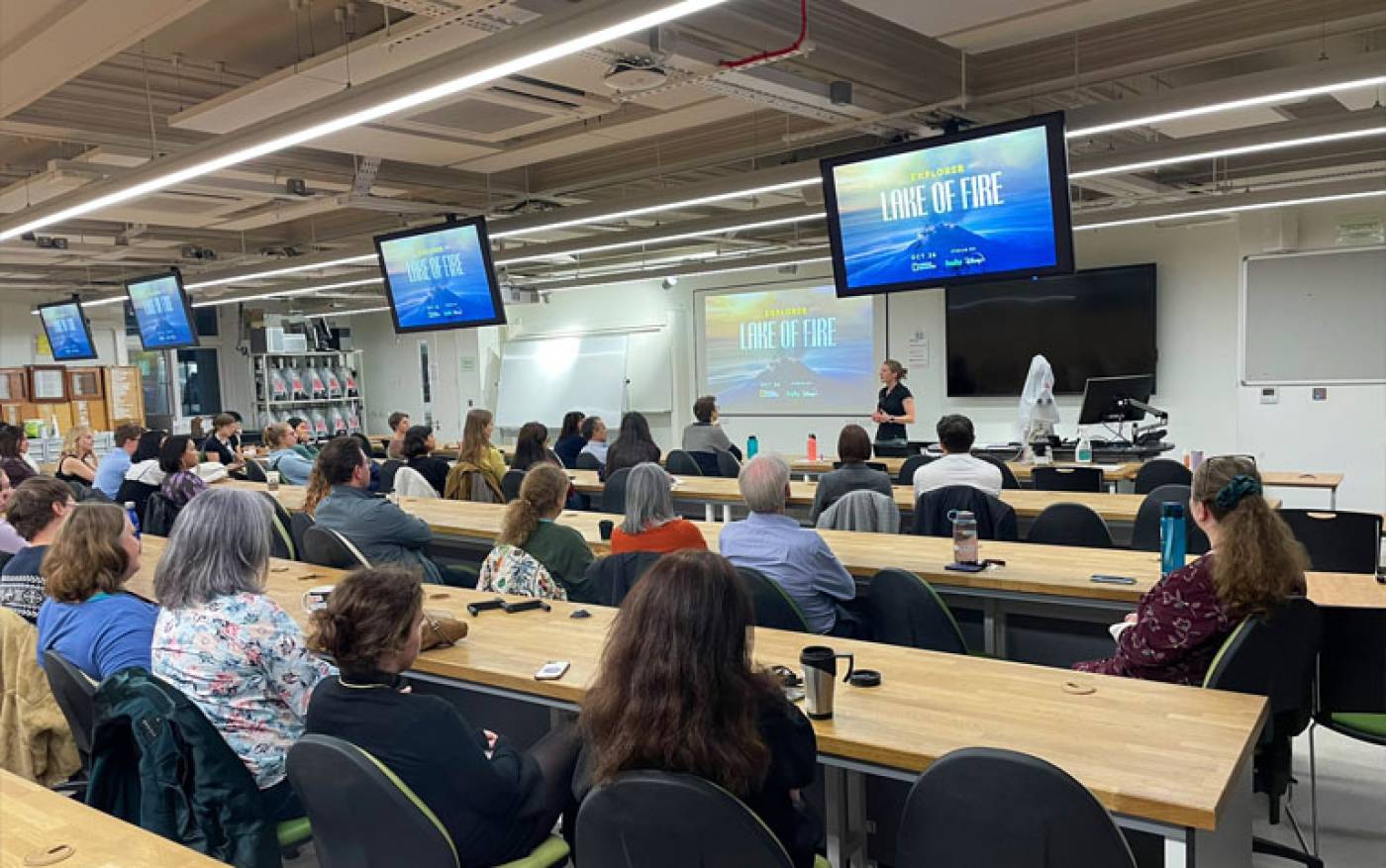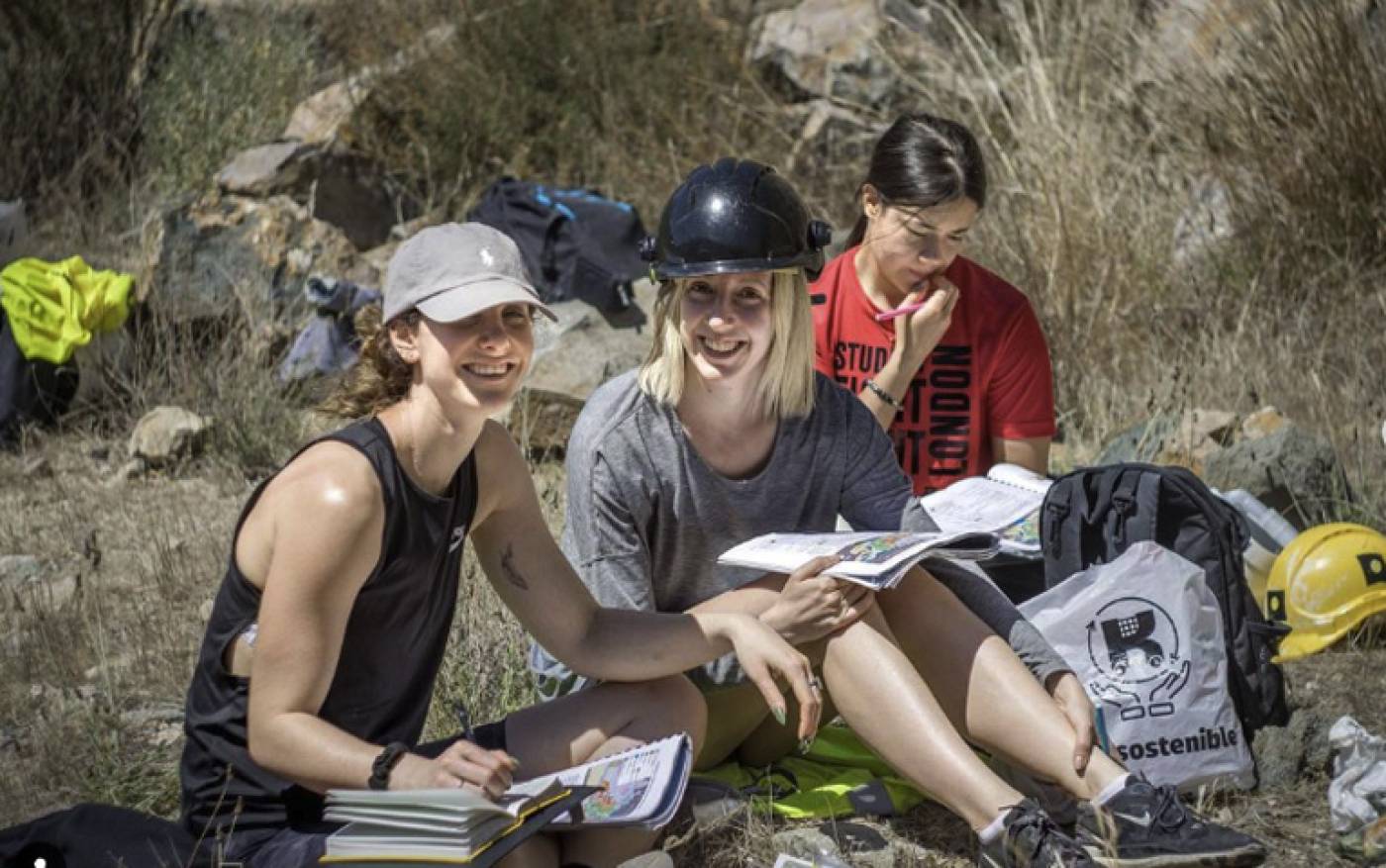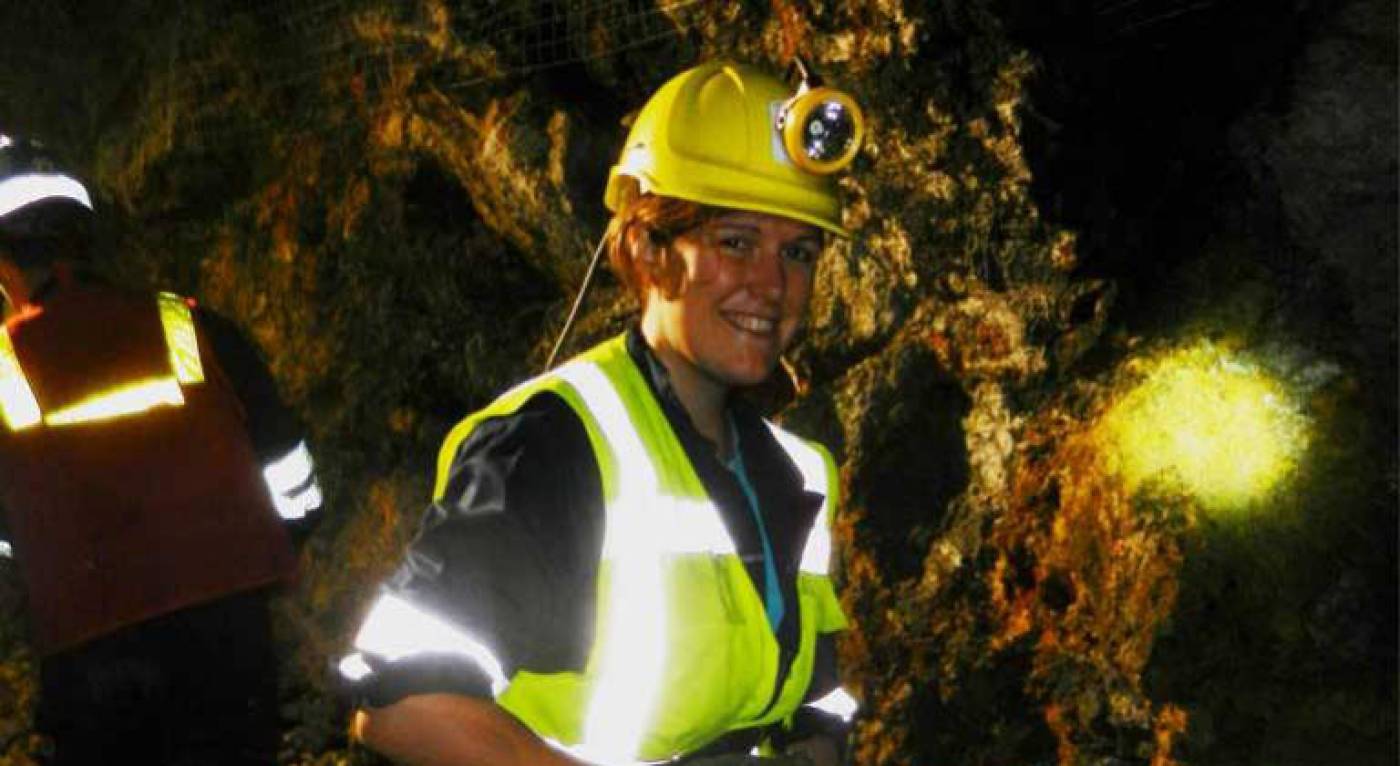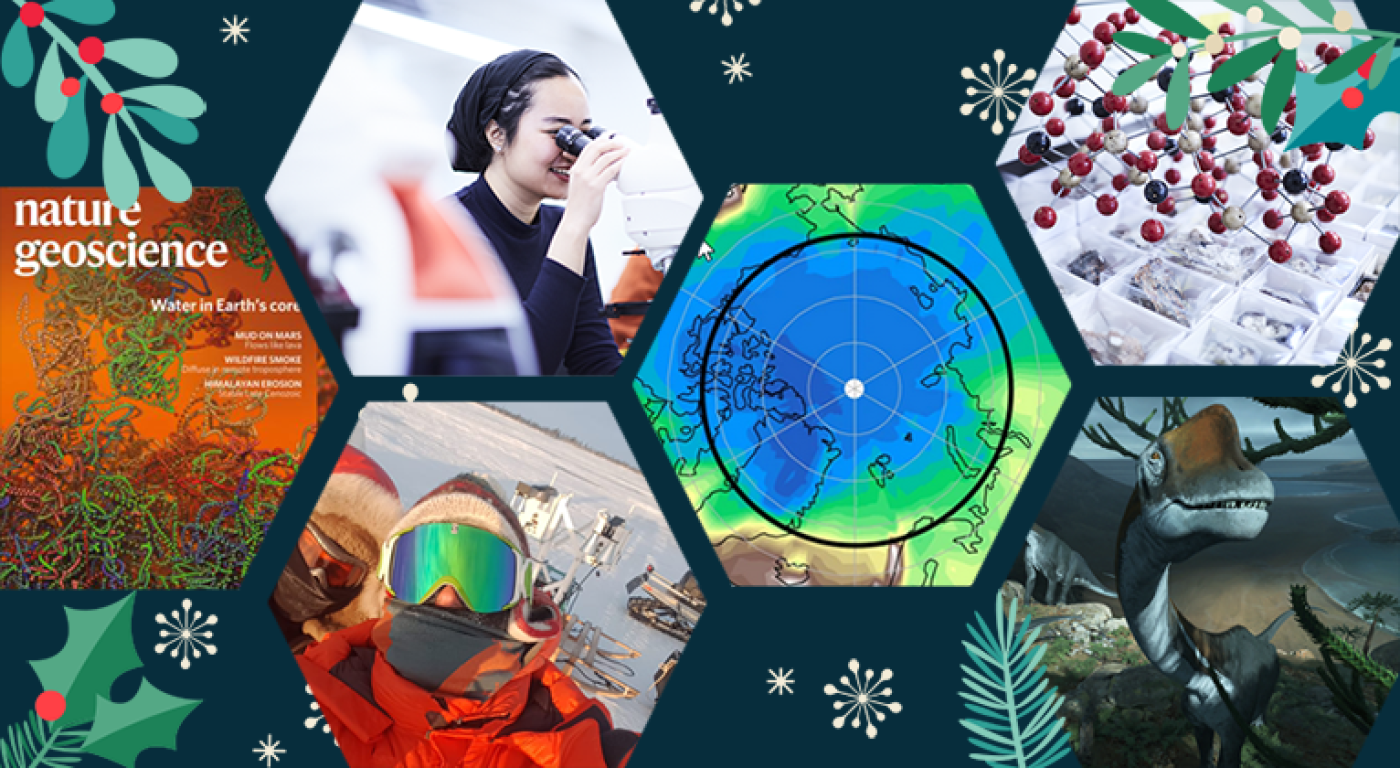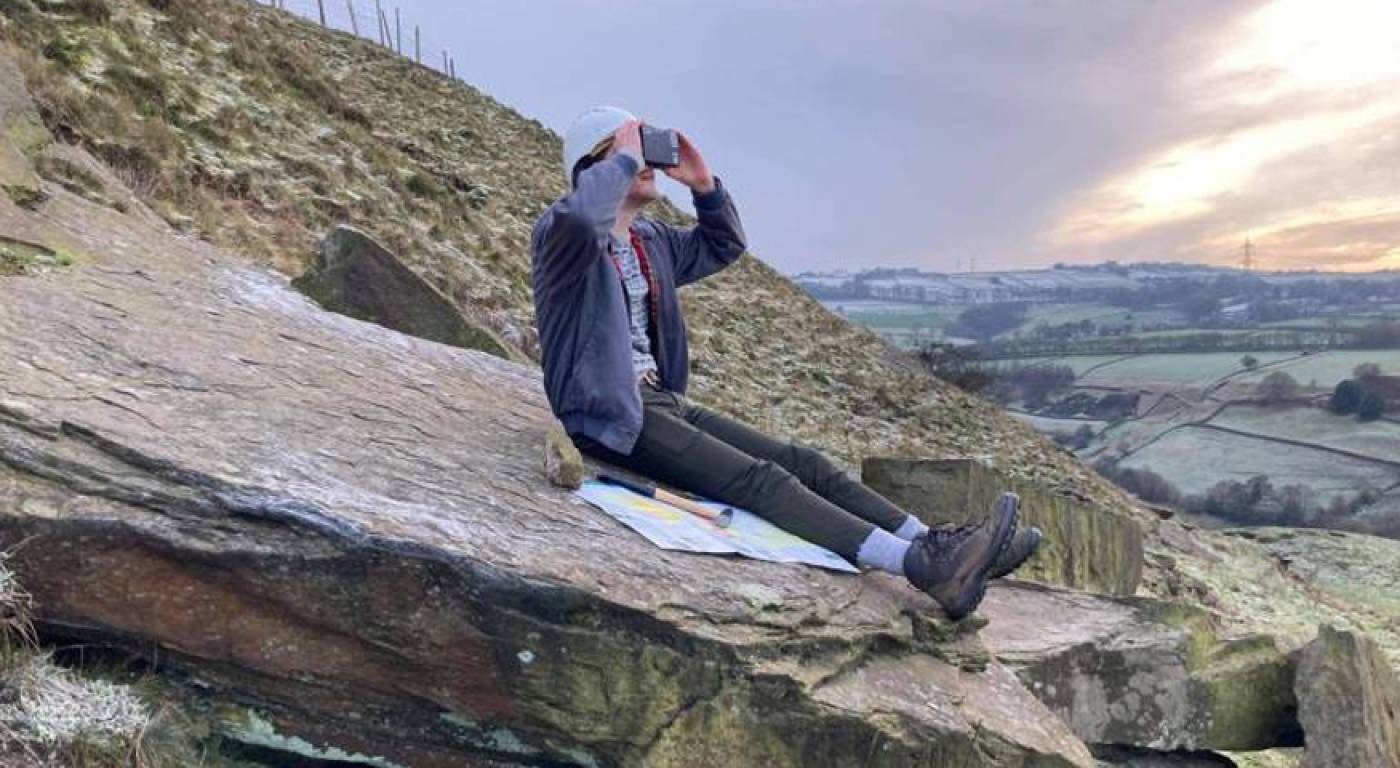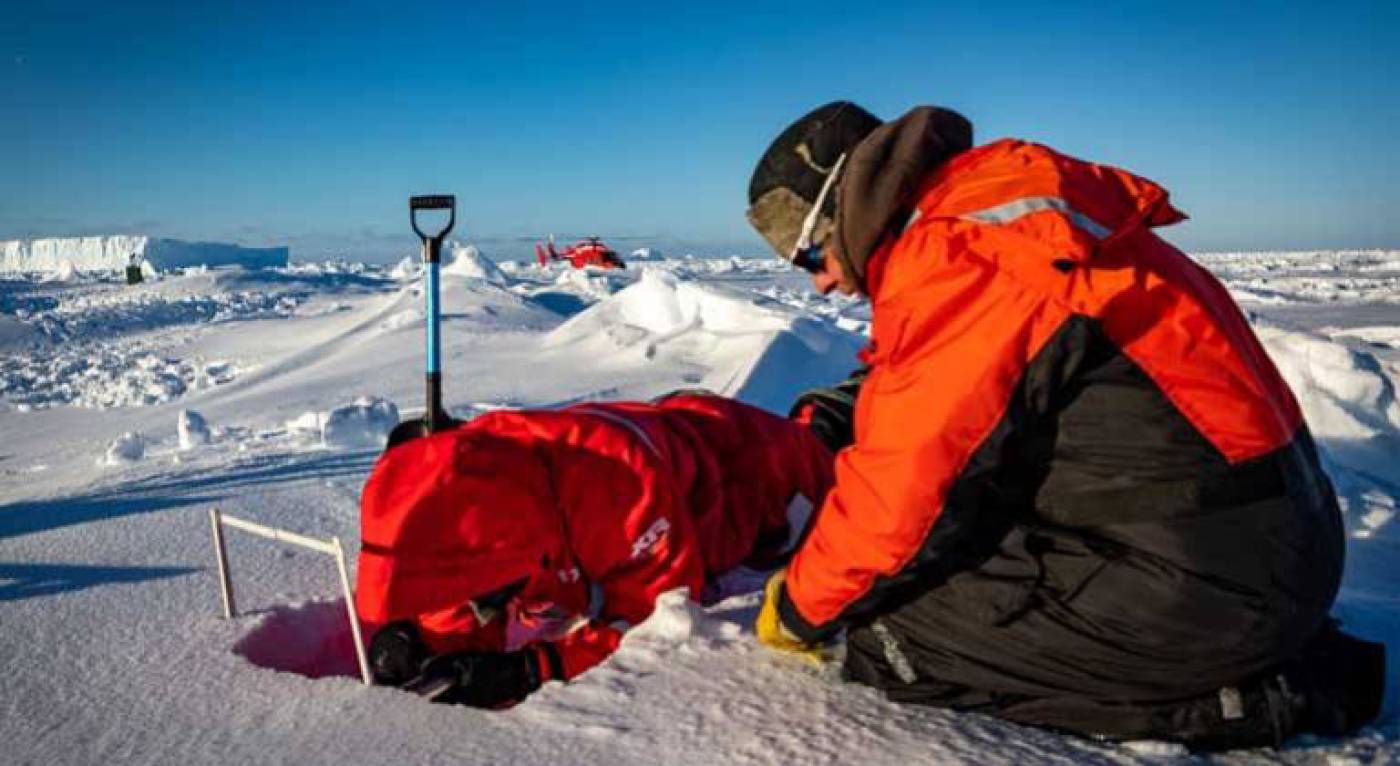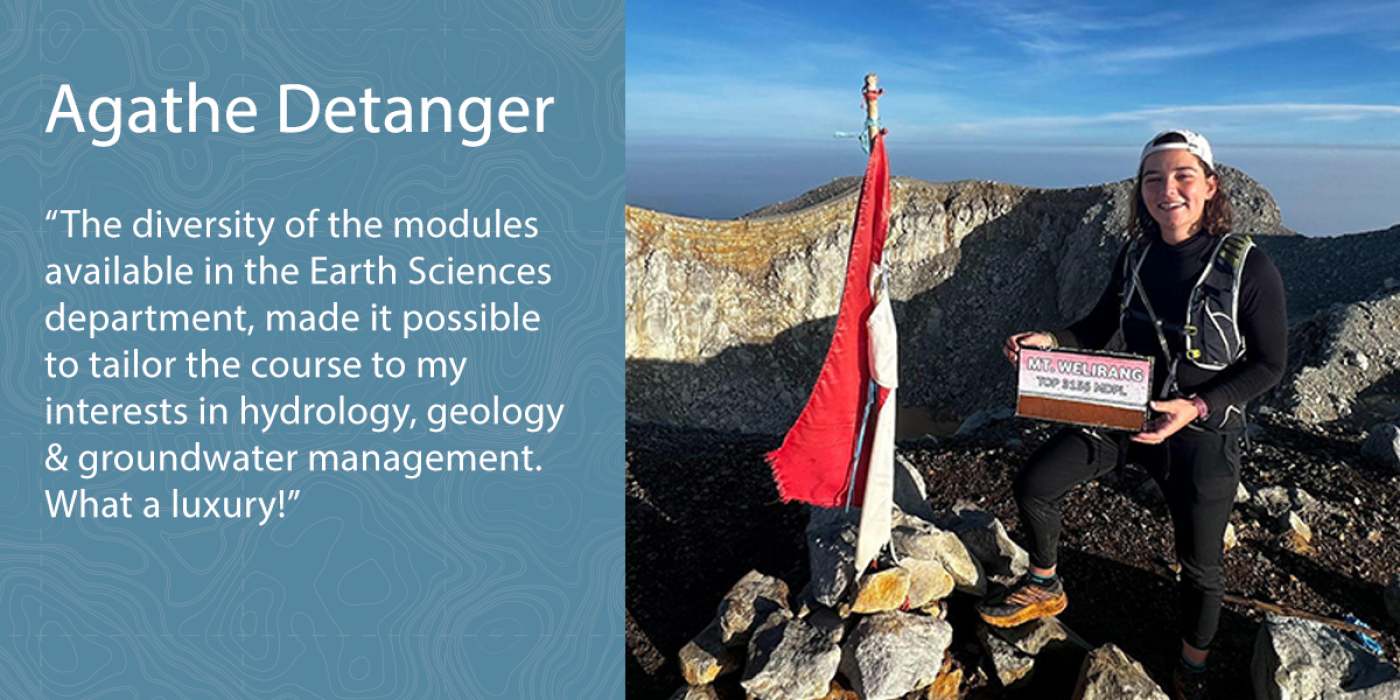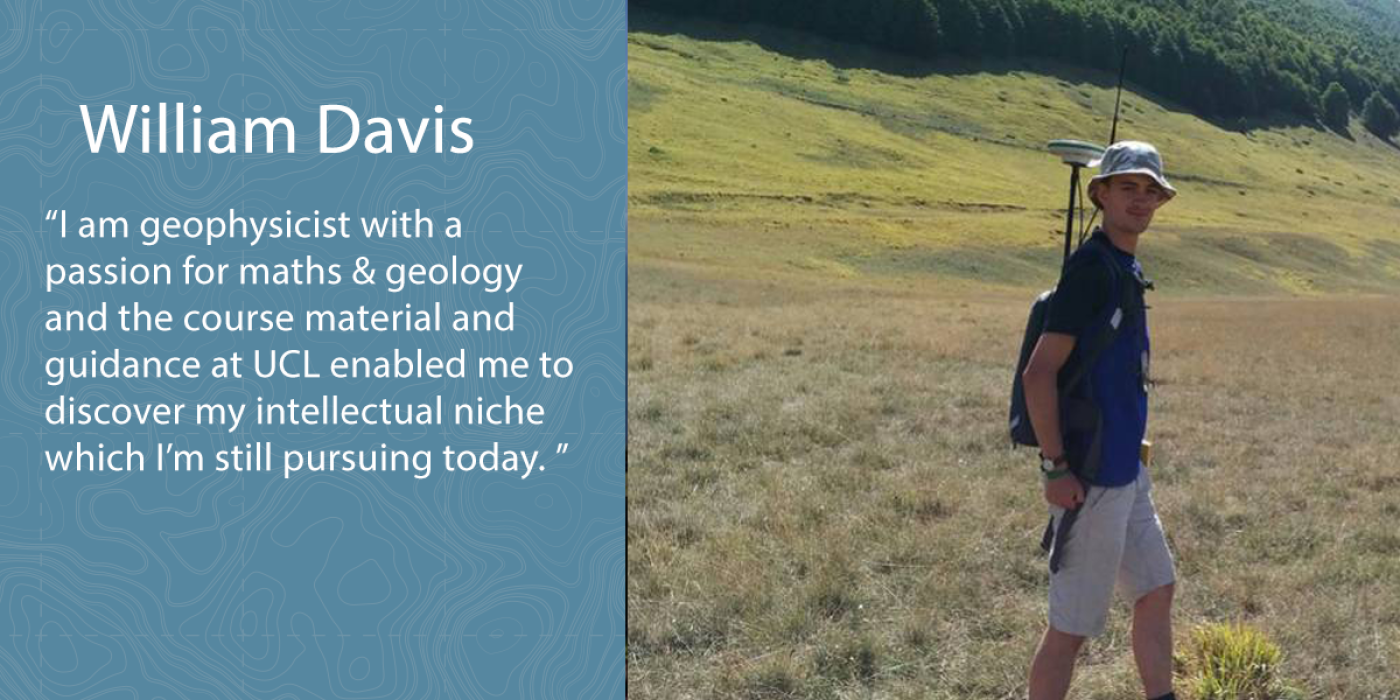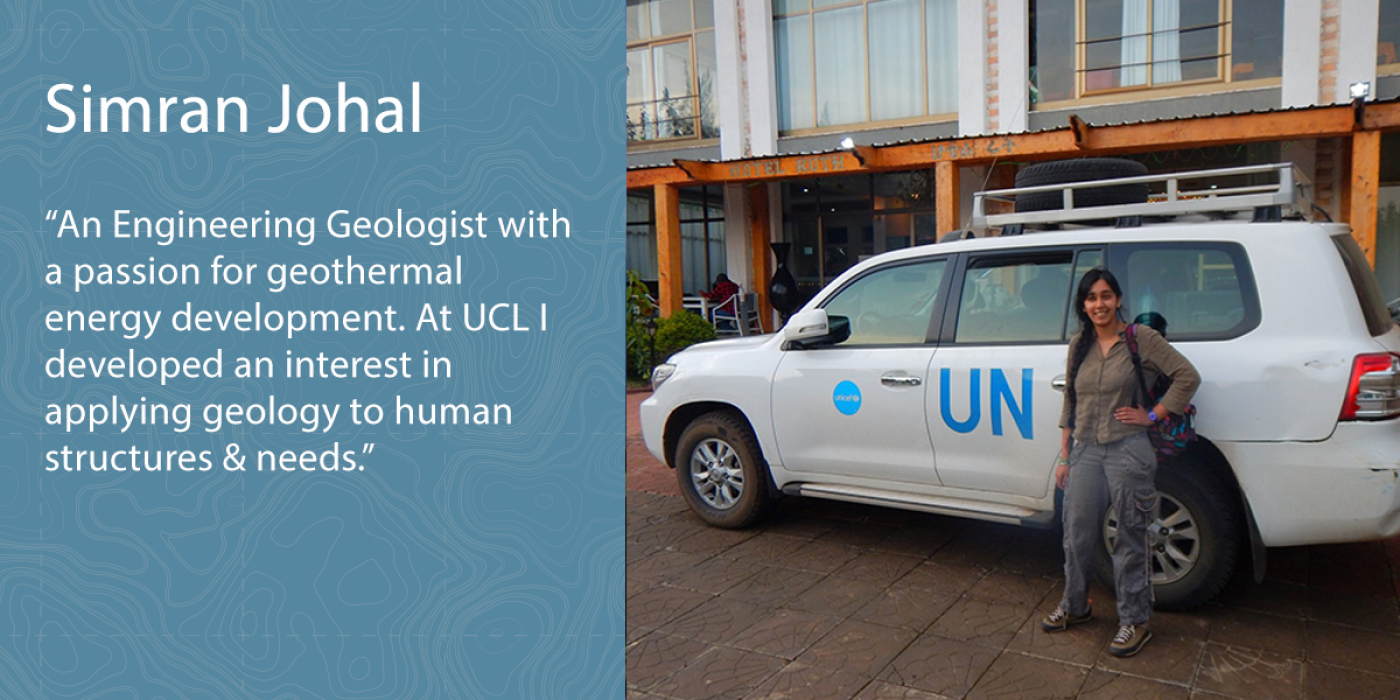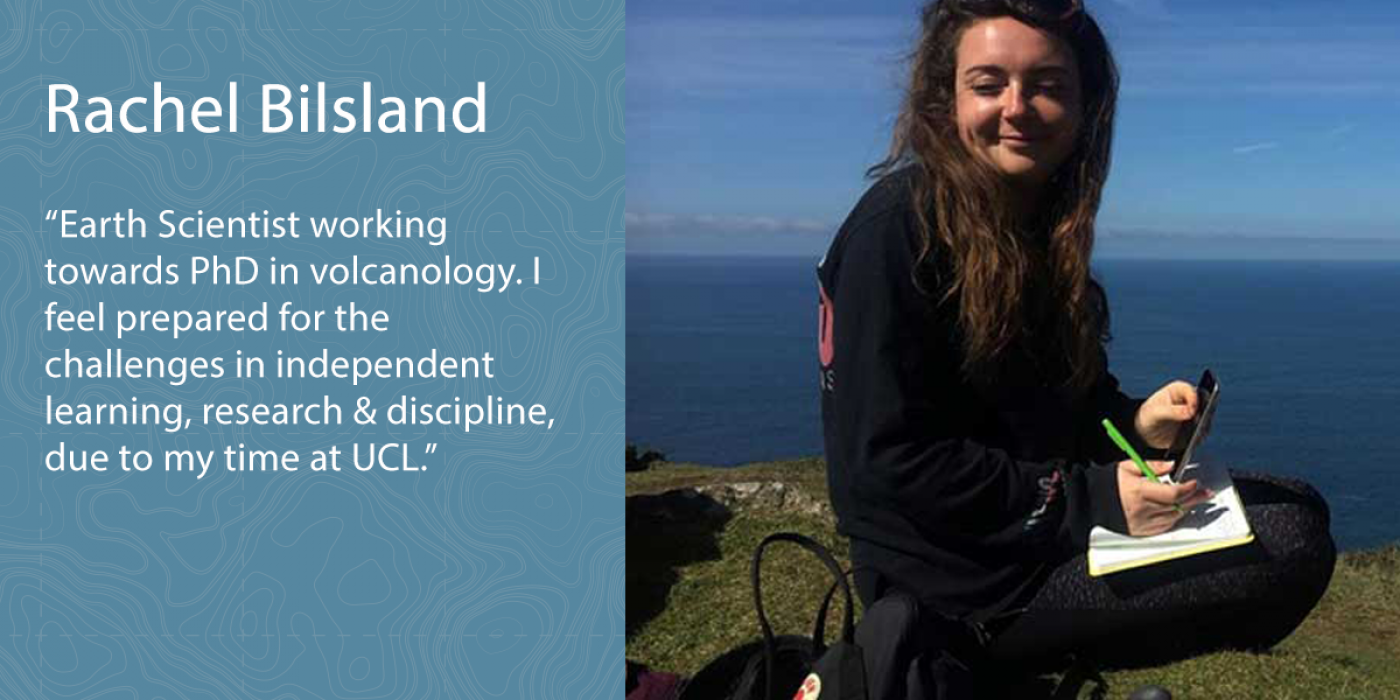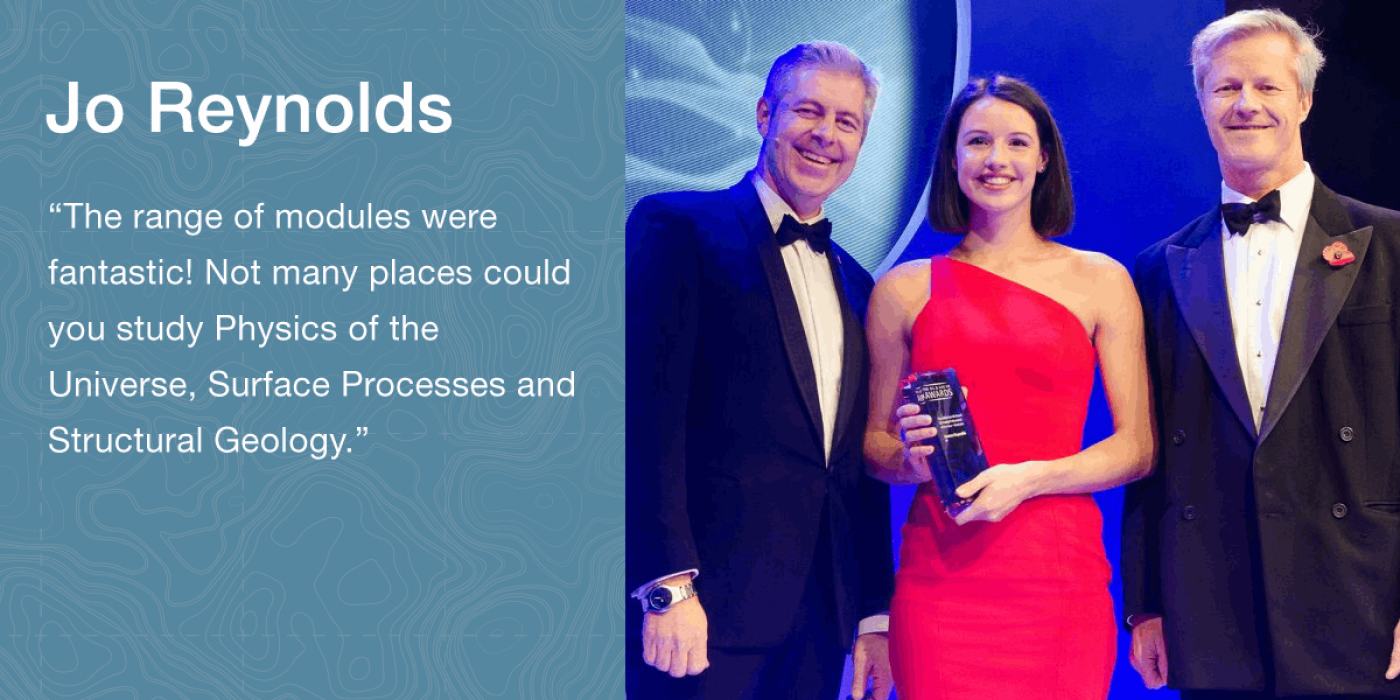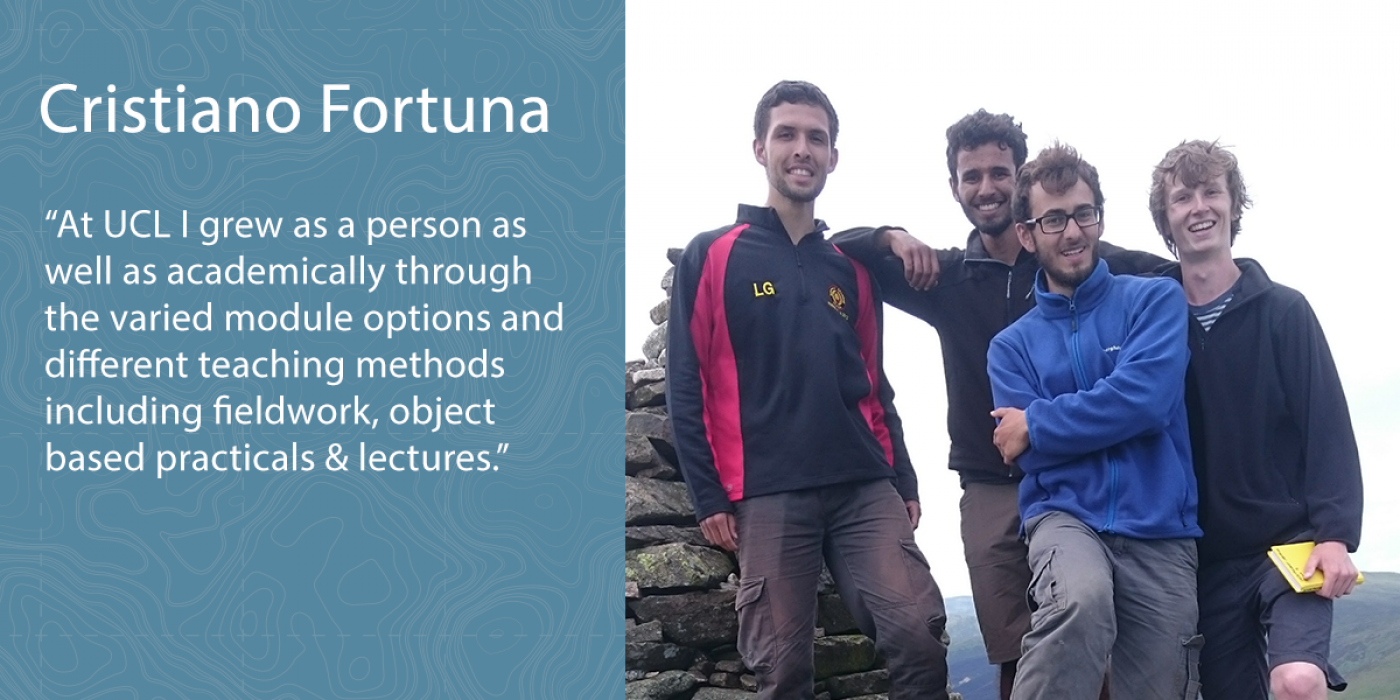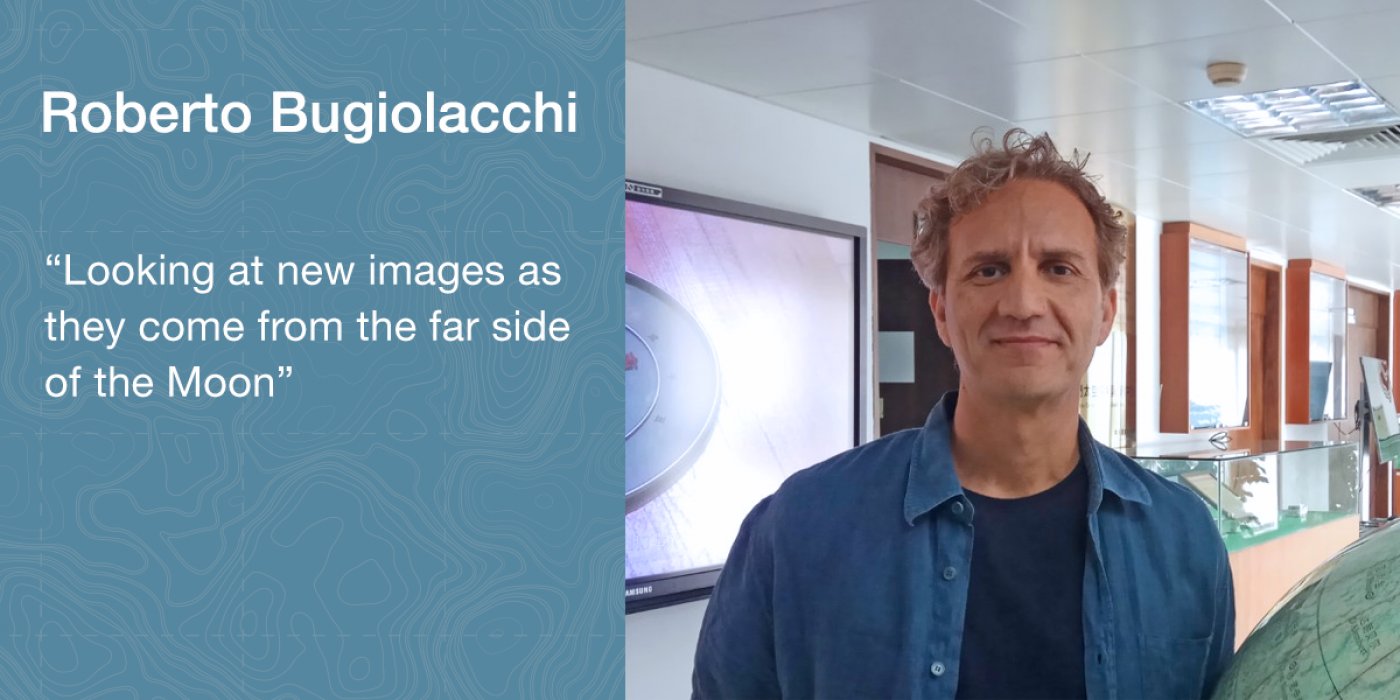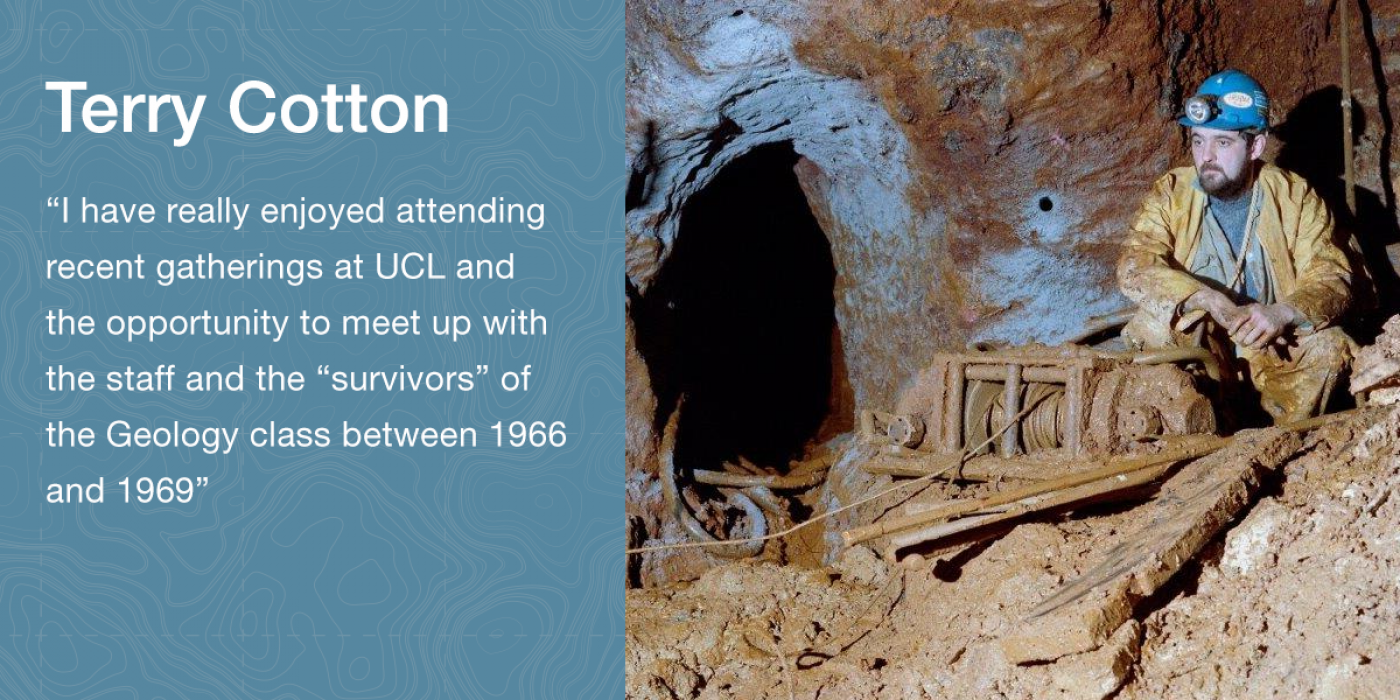UCL Earth Sciences Ph.D. scholarship
14 December 2023
Applications are open to the UCL Earth Sciences Ph.D. scholarship. The scholarship is meant to support underrepresented groups at the Ph.D. level. The deadline for applications is on February 5th, 2024.

Enquiries: Dr. Maxim Ballmer (m.ballmer@ucl.ac.uk).
Application Deadline: 5th February 2024
This scholarship supports a full doctoral studentship at UCL’s Department of Earth Sciences to promote the most talented students, and create a greater diversity in academia. The scholarship champions underrepresented groups at the postgraduate level in the Geosciences. For the 2024 entry, we focus on ethnic minorities among UK based students (see eligibility criteria below). Indeed, studies suggest that non-white ethnic groups are underrepresented among the Earth Sciences at post-graduate level, and disproportionately so compared to the other physical sciences (e.g., Dowey et al., 2021).
About the scheme
The UCL Earth Sciences PhD scholarship is a 4-year, doctoral research fellowship that aims to support the retention in the Earth Sciences of researchers from underrepresented backgrounds. The scholarship is awarded for the first time in 2024. For the 2024 round, the scholarship is focused on ethnic minority groups.
What does the scheme offer?
- Tuition for home students
- Ph.D. stipend for 4 years starting at £21,181 per annum, and with a yearly increase (stipends are tax-free)
- Research Funds for relevant materials, conference travel, etc.
- Project supervision (primary advisor from Dept Earth Sciences)
- Mentorship, Career training & support, and various additional support schemes
Potential Research Topics
UCL Earth Sciences is engaged in world-class research into the processes at work on and within the Earth and other planets. The department has strong links with resources and hazard risk industries, with most graduates finding employment within academia or geoscience-related industries. Awardees are free to engage in research in any Geoscience-related field from the surface to the core, from Earth to planets. The primary advisor must be an academic staff member of UCL Earth Science. Candidates should contact potential primary advisors to discuss potential projects. The research interests of potential supervisors are listed on the Dept webpages (follow the links to the webpages of academic staff members). Secondary advisors can be outside the Earth Sciences Department, but have to be affiliated with the University of London.
Candidates can outline their own projects with the guidance of potential supervisors, and/or focus on a project suggested by them. The details of the project can be further developed after the application deadline; only a very brief outline needs to be included in the application statement. Projects can potentially be changed after the award has been issued, with permission of the Department.
Eligibility
You can apply for the scheme if you self-identify as being from an ethnic group that is underrepresented in the Earth Sciences on the postgraduate level. Examples of underrepresented groups include but are not limited to those listed below. The panel will take a final decision which ethnic groups are eligible to apply based on the latest available HESA data.
- Black, Black British, Caribbean or African background;
- Asian or Asian British background (e.g., south Asian, south-east Asian, central Asian, or east Asian)
- Other minority ethnic background (e.g., Arab, Polynesian, Roma, native American, etc.)
- Mixed background (multiple ethnic groups) such as:
- White and Black Caribbean
- White and Black African
- White and Bangladeshi
- Chinese and Black African
- Any other Mixed or multiple ethnic background
and
- Must meet the requirements to enrol in the Ph.D. degree programme at UCL Earth Sciences as a home student (see here and here). Please note that we are unable to offer this scholarship to international students, as it is home students from these backgrounds that have been identified as underrepresented on our programme.
and
- Applicants must hold, or be expected to achieve (i.e., by the time funding starts September 2024), an upper second-class undergraduate honours degree or equivalent (for example BA, BSc, MSci) or a Masters degree in a relevant subject.
Application Process
Before applying, please ensure that you meet all eligibility requirements (see above). Contact potential primary Ph.D. supervisor(s) and discuss potential project(s). Alternatively, reach an agreement that they will be happy to supervise you as a student, even if the project has not yet been finalised in detail.
As the scheme opens to applications, you should submit your application and all required documents by February 5th 2024 (deadline at 11:59pm) via eMail (m.ballmer@ucl.ac.uk) with the name of the scholarship in the subject line. Required documents include:
- Curriculum Vitae (up to 2 pages)
- Transcript(s) with courses taken (including final marks) during BSc, MSc and/or MSci studies
- Personal statement including the motivation of the candidate to pursue a Ph.D. at UCL Earth Sciences, how the candidate meets the eligibility criteria and short synapsis of the proposed project and potential supervisor(s). The outline of the project should be no longer than half a page. The statement should also include the names and contact information (including eMail addresses) of two academic referees.
All applications that meet formal criteria will be assessed by a diverse Panel of scientists with a broad scientific expertise. Panel members review and score applications based on academic performance and other relevant accomplishments (such as extracurricular activities); and subsequently shortlisted candidates will be interviewed by the Panel.
If you have any questions, enquiries or would like to check your eligibility, please contact the EDI chair of the Earth Sciences Department, Dr. Maxim Ballmer (m.ballmer@ucl.ac.uk).
References
Dowey et al. "A UK perspective on tackling the geoscience racial diversity crisis in the Global North." Nature Geoscience 14.5 (2021): 256-259.
 Close
Close


